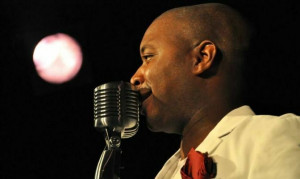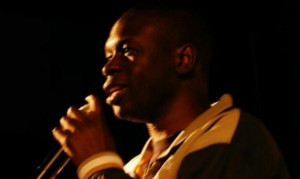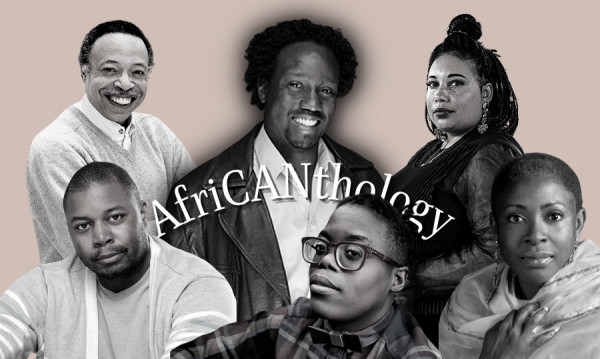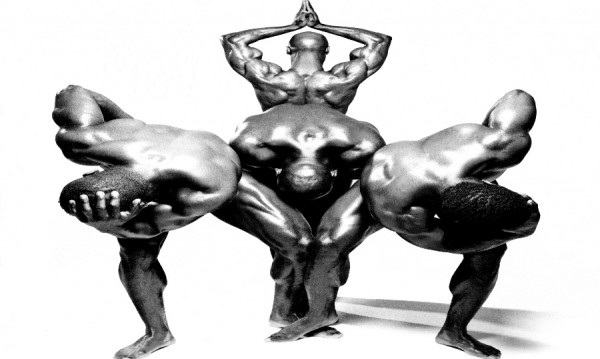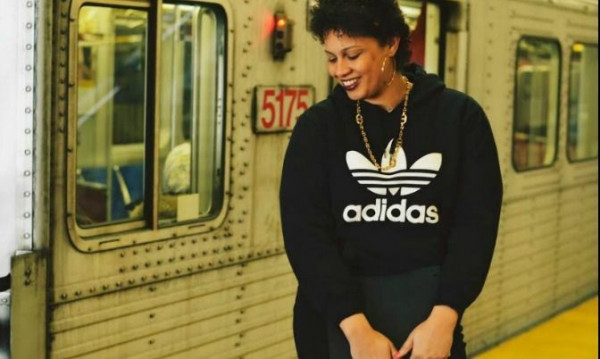She’s also highly accomplished; the type of the person who makes you feel you’re not doing enough with your life. ByBlacks had an opportunity to chat with her from her hometown Halifax, about what we should expect from her on stage, and off.
What is your ethnic background?
My mom is from Trinidad, and my father is Welsh. Not a common mix most people hear. Plus there’s a bit of Chinese in the family from my mom’s dad, he is part Chinese.
What do you do for a living?
I teach English and Women Studies at Acadia University. I also teach at the African Canadian Transition Program at NSCC for adult students. All the faculty and students there are Black. We cater to a lot of students that have come through the justice system and looking to get their High School Diplomas. There I have taught almost everything, including computers and math. I also volunteer at a music studio (Centerline Studio) located in a predominantly black neighbourhood in the city.
How did you get into poetry?
It was Keisha Monique (a well respected Toronto poet) that got me started. One day in 2007 I woke up with a poem in my head. That had never happened to me before. I wrote it down but wasn’t sure if it was a Rap or what.
The next day I ran into Keisha and was telling her about it. She said there was an open mic coming up and that I should come and perform it. She was the one who encouraged me to go. I have been writing and performing poetry ever since.
What’s the Black poetry scene like out in Halifax?
It comes and goes, because a lot of Black people come here to go to school, and leave right after University. We are kind of on a down now. There is also a lull between my generation and the younger generation.
However, we do have a number of notable poets from Halifax, people like George Elliot Clarke. In Nova Scotia, we have a strong Black Arts movement and a vibrant Gospel scene. Through organizations like the Black United Front, we have always been political. A lot of the poetry is performed at community events, versus mainstream venues and events. So even though we are not slamming, we still have an active poetry community.
Is this your first time on When Sisters Speak?
This will be my 3rd time, I was there 2009/2010 as well.
What’s your preparation technique for a show like this?
I write for specific events, so I need to finish the new pieces actually, and practice every poem in depth. I have not been to Toronto since 2010, and I think this is going to be a different audience.
Why do you think the audience will be different?
I think spoken word has changed since I have been doing festivals and such. People, in general, have become more emotional. But, the audience comes ready to laugh, and get into what you are saying.
What do you look forward to the most when you hit the stage?
The audience response. It’s the only show where I don't have to censor my art at all. It feels great writing for that audience you know people are going to respond positively. People get education, jokes, and great entertainment in one night.
Also being on stage with all the sisters, this is a top-notch event, the sisters bring their best material. When you see a strong woman speaking their truth, there is something special about that.
My mother is from a colonized background, and would not feel comfortable saying things I say on stage. I feel as if we (current generation) have been given a great opportunity, understanding the challenges women have been through, and continue to experience worldwide. There are still not many stages that allow women to showcase their talents.
Have you ever been to When Brothers Speak?
No, but I expect that Dwayne gets the best male poets across North America. In Sisters Speak women do a lot of political pieces, and I hear it’s a little different than the men’s show.
What else do you have coming up?
Speaking at the Centre for Gender advocacy, and also doing workshops at female prisons in Kingston and London (Ontario).
We also have a radio program where young prisoners, mostly 18-20 years old, call in and say their poems on air, just before they go to lock down. It’s such a raw expression of emotions and relaying their life experiences.
How can people get in touch with you?
Facebook is the best place, add me.
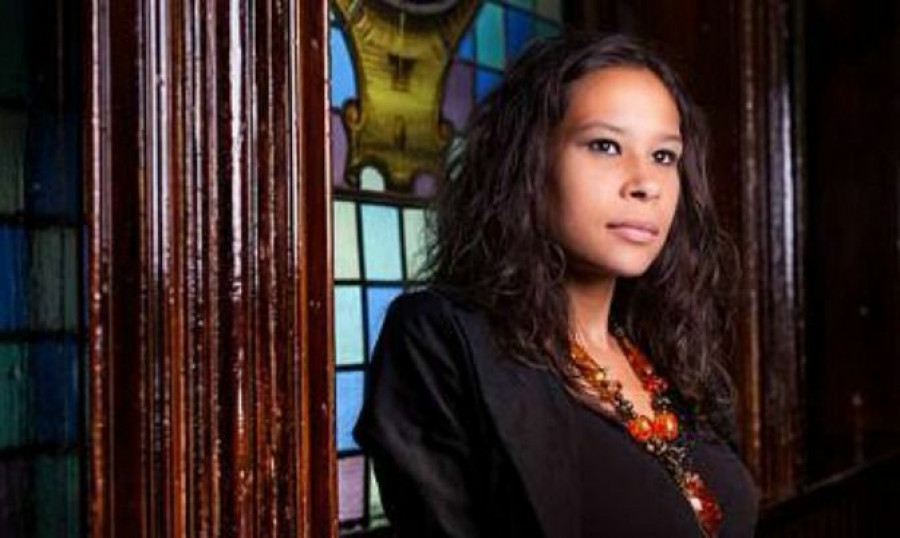
 By
By 




